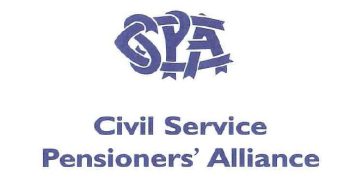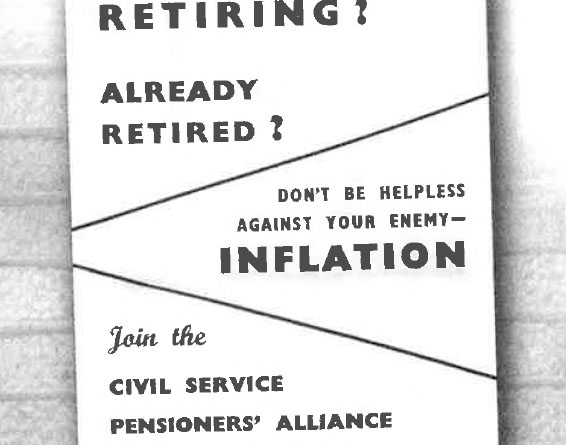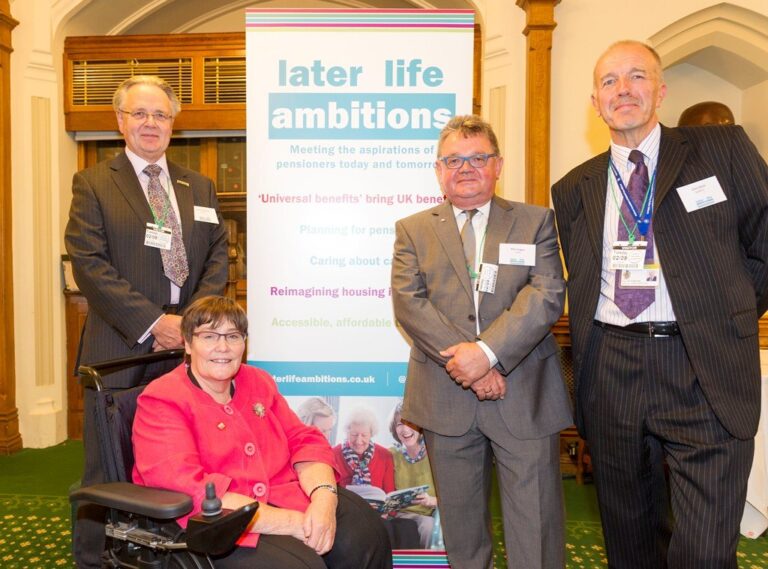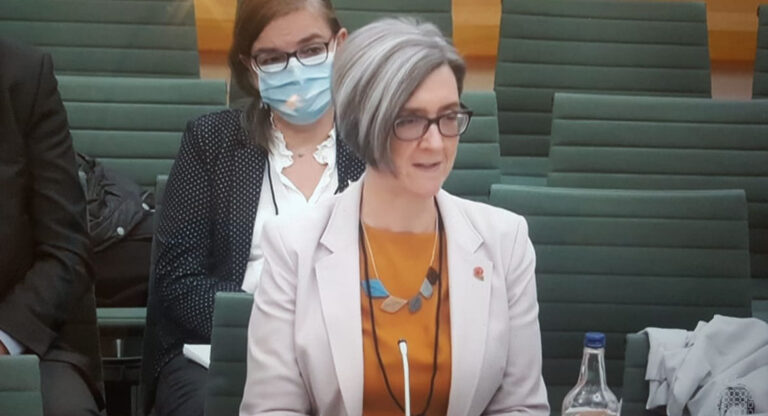History of CSPA
70 years of CSPA
Here are some of the notable milestones we have hit over the past 70 years and some of the key dates of civil service, state and public sector pensions.
“Civil Service Pensioners’ Defence Group” set up
The group was set up to raise issues relating to Civil Service pensions with government ministers and others. The Scottish branch was formed in 1951.

CSPA London branch formally constituted
Scotland and London branches formally agree to work under the banner “CSPA” – Civil Service Pensioners’ Alliance. J.R Deans was the first chairman of CSPA with H.S. Webb taking on the role of Honourary General Secretary.
Pensions (Increase) Act introduced pension increases.

CSPA Local Groups established
The Executive Committee agreed to establish local groups to facilitate campaigning and social meet ups. Some of the first groups were Bath, Bournemouth and Birmingham.
Northern Ireland Civil Service Pensioners Organisation established
Formation of the Public Service Pensioners’ Council
First edition the “Civil Service Pensioner” – members magazine published
Pensions (Increase) Act further increased pension levels.
Superannuation Act introduced annual review mechanism for public service pensions
This enabled the civil service pension scheme to be set out in non-statutory documents instead of Acts of Parliament. The principal civil service pension scheme was laid out before parliament in June.
Social Security Pensions Act introduced flat rate basic state pension linked to movements in earnings
Plus SERPS increments for “contracted in” pensioners linked to prices. It formalised ongoing practice for civil service pensions to be linked only to prices.
Social Security Pensions Act removes linkage of state pensions with earnings
Link substitutes with prices.
Northern Ireland Civil Service Pensioners Organisation joins the Civil Service Pensioners’ Alliance
This union means that retired Civil Servants are now represented by the CSPA in England, Wales, Northern Ireland and Scotland. NI and Scotland branches run autonomously.Subscriptions to CSPA introduced
Introduction of arrangements for regular deductions of CSPA subscriptions from pensions.
First salaried General Secretary –
T. Hoyes
CSPA’s first HQ office opens
Previously, the “HQ” was a room or part of a room of whoever was the General Secretary at the time. The first office was in Southwark, London.
New constitution
This was introduced to emphasise a more professional approach for the CSPA.
New constitution adopted and HQ office move from Southwark to Croydon
Merger between CSPA and FDPG

New CSPA Logo adopted
Equality and Human Rights Commission established
Campaigning with other organisations, we eventually convinced the government to set up the Equality and Human Rights Commission in 2007 which was to oversee the Equality Act, which became law.

Later Life Ambitions launched
Campaigning with other organisations, we eventually convinced the government to set up the Equality and Human Rights Commission in 2007 which was to oversee the Equality Act, which became law.

CSPA’s First female General Secretary appointed
Lisa Ray succeeded Mike Duggan and became the first female General Secretary of CSPA. As a former senior manager at the Department of Culture, Media and Sport, Lisa has lead campaigning and change programmes to date to steer CSPA forward.
New CSPA Programme of improvements
New projects under way paving way to enable our campaigns to reach wider audiences, create a greater experience for our members and more efficiency for our staff at HQ.
Our successes are down to you, our members
The active participation of members, whether by groups or branches has continues to add volume to our collective voice being heard.

